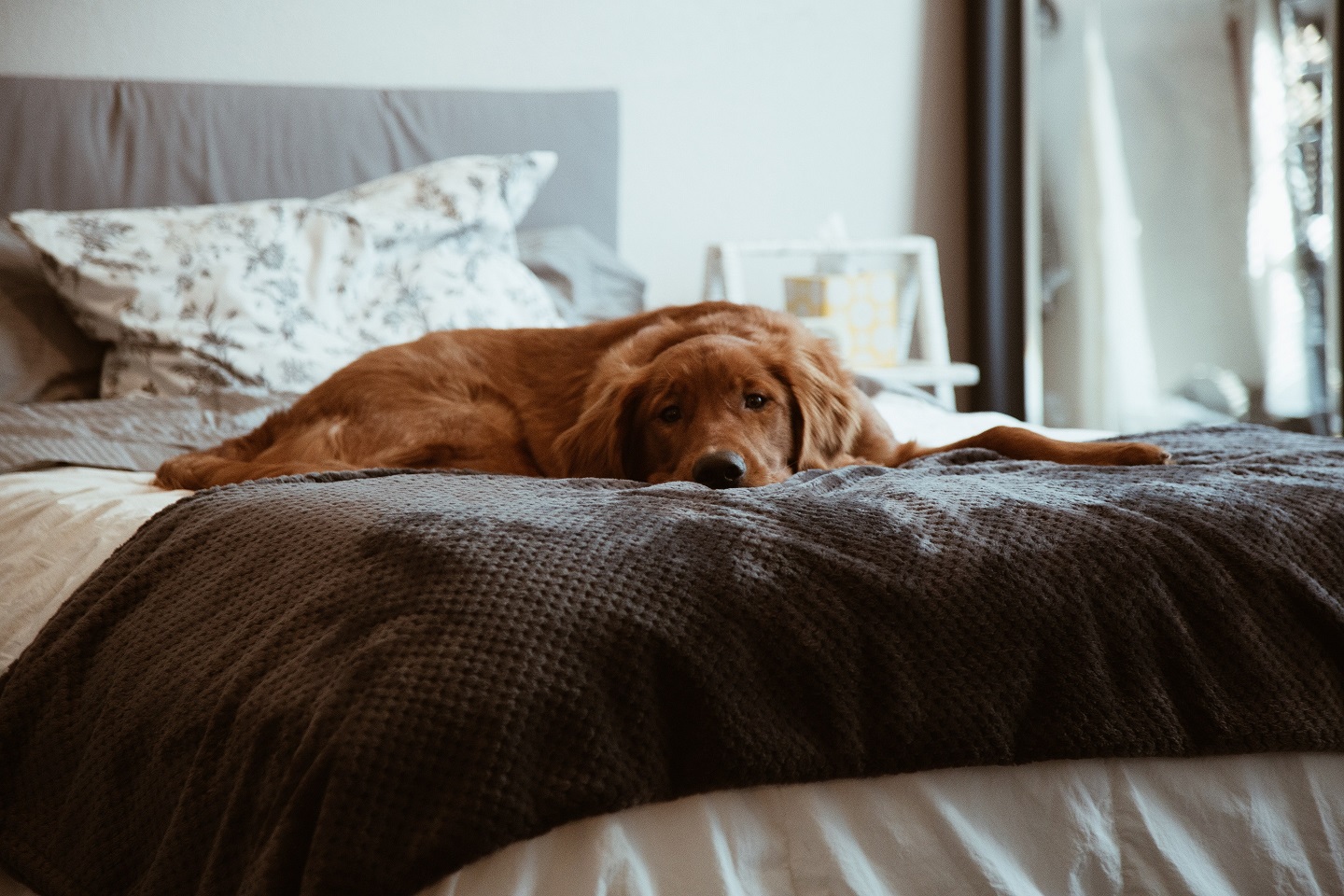Similar to other creatures, dogs use their vocal cords for communicating with the world around them, including with their owner. There can still be a lot of ambiguity in what they are trying to convey. Do they want food or attention? Is it out of an instinctual habit or are they in distress? We’ve listed some of the major reasons why dogs howl and steps you can take to alleviate it.
Separation Anxiety

If your dog has recently started howling excessively or if neighbours have noted distress while you’re away from home, it might be an indication of separation anxiety. Pets are social animals and like humans can become lonely if left alone for long periods. If you feel your dog is suffering from separation anxiety, typical signs of this can include soiling in the house, destructive behaviour, and even depression. A helpful step is to gradually ease your pets into longer stretches of time when they’re alone. Finding a loving dog sitter for daycare or daily walks on Gudog.co.uk or Gudog.ie can be a great way to ensure your pooch gets proper care and attention while you’re away from home.
Attention
While your dog may not be suffering from separation anxiety, sometimes they may howl for attention. As pack animals this is a common phenomenon; your dog may start howling when you come home, or when they see their leash or going for a walk. These excitement barks are a way for dogs to communicate with you.
It is important that you ensure you spend quality time when you are together with your pets with lots of playtime, exercise, cuddles, and games to ensure they are mentally and physically stimulated.
However, if you find your dog is excessively howling there are training responses that can be helpful – a simple technique is to physically turn away and refraining from touching or speaking to the dog. As soon as the howling stops, give them a treat to set an example.
Environment
You may also have noticed your dog barking along to high-pitched sirens or sounds in your local environment. As pack animals, dogs are constantly assessing their surroundings and communicating with you, so you know that they can hear the sound and are ready to respond.
Over time your dog will typically become desensitised to the daily sounds in their area. However, if you feel they are stressed a helpful short-term solution can be to distract them with fun games such as “fetch”. Long term it can also be helpful to expose your dog to these sounds in an environment where they feel safe with you, to help them with anxiety or aggression. This is not easy to accomplish, it requires consistency and perseverance, and you may want to seek the guidance of a licensed animal behaviorist.
Dreaming

Like humans, dogs react physically to their dreams and can howl, bark, whine, or whimper and even movement of the tail and legs is very common. If you notice excessive anxiety or constant sounds of fear or pain when your dog is sleeping it may be helpful to consult with your local veterinarian.
Medical Issues
The last and the most serious reason could be medical issues. If your dog’s howling is consistent, and you have ruled out the other reasons above, you should certainly pay a visit to your vet for a medical checkup.

Excessive howling can be irritating but is generally nothing to be concerned about. What’s important is to try to identify the underlying cause so that you can try to implement simple steps to alter the environment or help to alleviate any stress your pet may be experiencing.
What is Gudog?
Gudog is the easiest way to find & book the perfect dog Sitter. Thousands of loving Sitters are ready to care for your dog like family! All bookings come with Veterinary Care & Free Cancellation.
